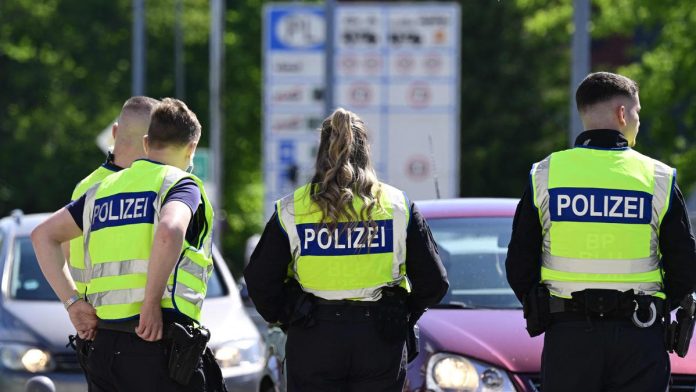Temporary checks at all German borders, introduced in mid-September last year, cost the federal budget around €80.5 million in the period to the end of June this year, according to an official response from the Federal Ministry of the Interior to a request from the Left Party in the Bundestag.
According to the ministry, the additional costs for deploying the Federal Police at the EU’s internal borders ranged from €24 million to €29.1 million per quarter.
Between April and the end of June 2025, the government spent: €8 million on food and accommodation for police officers in hotels; almost €3 million on allowances for night work and work on weekends; €2.6 million on command and operational equipment; around €2 million on maintaining border stations.
However, the largest item of expenditure was overtime pay for police officers, which reached €37.9 million for the entire period of the controls.
Border checks were resumed by the government in September 2024 to curb illegal migration. Federal Interior Minister Alexander Dobrindt, who took office in May, has already announced two extensions of the measures. Currently, around 14,000 federal police officers are working at border crossings.
In addition, Dobrindt has ordered tighter controls, including refusal to accept asylum applications at land borders, with the exception of vulnerable categories such as pregnant women, children and certain other groups. According to the government, in the first two months of the enhanced measures, around 310 refusals were recorded for people who applied to the police for asylum.
Experts and human rights activists have already expressed concern about both the high cost of the programme and its impact on the rights of refugees. At the same time, the German Interior Ministry insists that the measures are necessary to ensure security and control migration flows.
